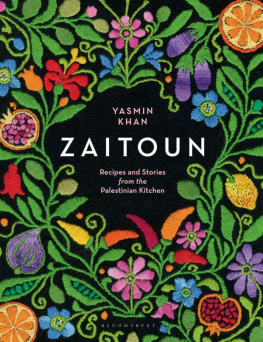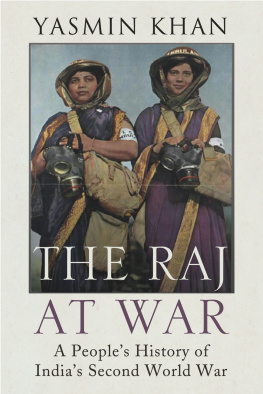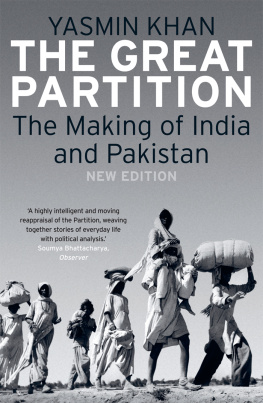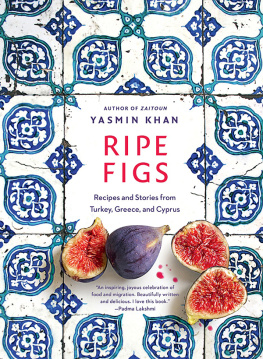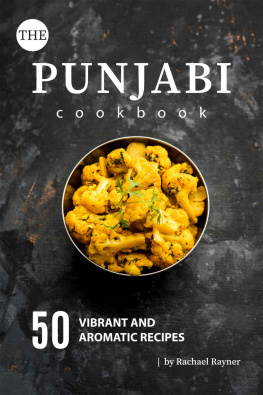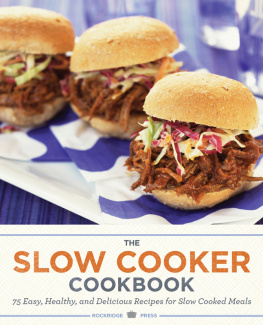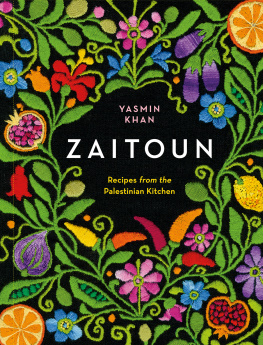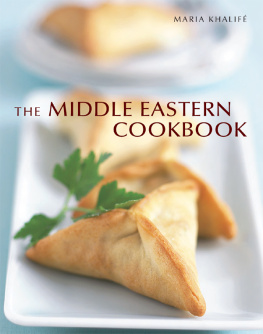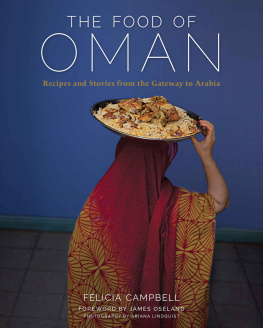

To all the Palestinians who generously opened up their homes and hearts to me. Thank you for teaching me about beauty, resilience, hummus and hope.

Palestine and me
Im an adventurous eater and curious traveller, never more at home than when in an unfamiliar food market, captivated by the bustling sounds and scents of a foreign land.

Fortunately, my two careers have enabled me to do both. When I was a human rights campaigner, I travelled the globe, collected stories from people I met and translated them into campaigns for justice. As a food and travel writer, I travel the globe, collect stories from people I meet and translate them into recipes for celebration. The thread running through all my work is a fundamental belief that humans, wherever we are in the world, have more to unite us than to divide us. Celebrating this commonality is my passion, inspired by the old Jewish adage that an enemy is just a person whose story you havent heard yet.
It was this desire to share stories that first took me to Israel and the West Bank in 2009, while working for a British human rights charity. It wasnt the easiest of trips. Nothing prepares you for seeing the physical apparatus of the Israeli occupation of the West Bank at close hand: the checkpoints, the walls, the soldiers, the refugee camps. I found the days hard to digest and the pain of the traumatised communities difficult to bear.
But the evenings brought respite. As night fell, my troubled mind was distracted by my greedy stomach. Deep bowls of thick hummus arrived at the dining table, rich with tahini, smooth as silk. Smoky aubergines, roasted over charcoal and smothered with garlic and lemon, had me reaching for a third helping. Vibrant herb salads. Crunchy pickles. Olive oil so peppery that its the only seasoning you need. The flavours sang on my tongue: sharp, salty, fresh and bright. Palestinian food tasted alive. And in a region that too often feels as though it is dying, I appreciated that more than ever.
I came back from that first trip to the Holy Land convinced Id never tasted such flavoursome produce and, to this day, I have yet to find tomatoes that taste as good as they do in the Fertile Crescent. Ive travelled through Israel and the West Bank three times since, each journey teaching me more about the flavours and fragrances of the Palestinian table and the realities of everyday Palestinian life.

But what is the Palestinian kitchen? As I write, there is no country called Palestine, it hasnt existed since the British Mandate of Palestine ended in 1948. But the national and cultural identity of the people has never waned and neither have the delights of the cuisine. Today, pockets of the Palestinian kitchen can be found all over the world, from Bethlehem to Beirut, Berlin to Brooklyn.
Around 4.5 million Palestinians live in what the United Nations refers to as the Occupied Palestinian Territories (OPT). This consists of the West Bank, Gaza and East Jerusalem. More than 4 million Palestinian refugees live in Jordan, Syria and Lebanon, making Palestinians the largest refugee population in the world. Around 1.5 million Palestinians remain in Israel and approximately 1.5 million more live elsewhere in the world.
For the purposes of this book, I chose to focus on exploring the cuisine and food culture of the Palestinian communities I visited on my travels within Israel and the OPT. This book is not intended to be an exhaustive travel guide, but rather it reflects places I was personally drawn to for agricultural, culinary and cultural reasons. I was not able to reach Gaza, as it is blockaded by the Israeli authorities, with no movement of goods or people into or out of the Gaza Strip, and so I visited the Gazan kitchen by cooking in peoples homes elsewhere in the diaspora.

A note on the voices included in this book. During my years of visiting this region, I have worked with Israeli NGOs and grassroots groups, stayed in the homes of Israeli friends in Tel Aviv and enjoyed the culinary skills of talented Israeli chefs at home in London and in New York. I have also relished and been inspired by some outstanding cookery books from Israeli food writers. However, as the book focuses on celebrating the unique attributes of the Palestinian kitchen, Israeli voices are not featured within these pages. This is not driven by any desire to exclude the Israeli experience, but only to create a space for the Palestinian experience to be explored.

The recipes here reflect the diversity of my travels. Some are classic dishes taught to me by Palestinian grandmothers; others are my interpretations of meals I ate in restaurants or at the homes of friends; others still are simply inspired by a local ingredient or technique. What unites them all is a celebration of the flavours rooted in the rich tradition of Palestinian cookery, in almost all cases brought together by zaitoun (the olive), the quintessential ingredient of the Palestinian kitchen that gave this book its name.
I hope you enjoy sharing this journey, and that the recipes bring you the same joy they brought me.
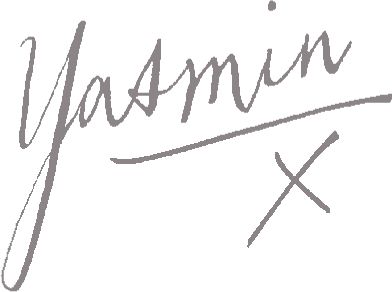
A beginning
My plan was simple: Id arrive in Tel Aviv late afternoon and jump straight on the train to Haifa to meet Raya, the Palestinian photographer who was accompanying me on my culinary journey and who had kindly offered to host me in her home.
Wed never met in person, but Rayas warmth and enthusiasm shone through on our Skype calls. What sealed the deal was when she showed me her latest tattoo, the stencilled outline of a halved pomegranate intertwined with vine leaves that runs up the back of her left calf. Thats the photographer for me, I thought.
My plane landed from clear blue skies on a scorching July afternoon. Stepping on to the hot tarmac, my stomach rumbled as I pondered how to start my feasting. Perhaps a dish of braised okra, slow-cooked in a garlicky tomato sauce, or maybe cigarillos of chewy vine leaves, stuffed with spiced rice and lamb. If I was lucky, maybe a single diamond of flaky walnut baklava, syrup oozing from the sides.
But before then, I had to tackle the small issue of being a woman of Iranian-Pakistani heritage trying to enter Israel. Standing in line at immigration, I twiddled my silver Hamza necklace nervously, wondering if I should have taken it off. Id been to Israel several times before, so I knew the drill. Id be held for several hours, going back and forth between small interrogation rooms to be quizzed about every aspect of my past, present and future. Israeli officials can force you to hand over email and social media login details as well as mobile phone passwords, and if, for whatever reason, they dont like the look of you, youre simply escorted on to a plane back to where you came from.
Next page
